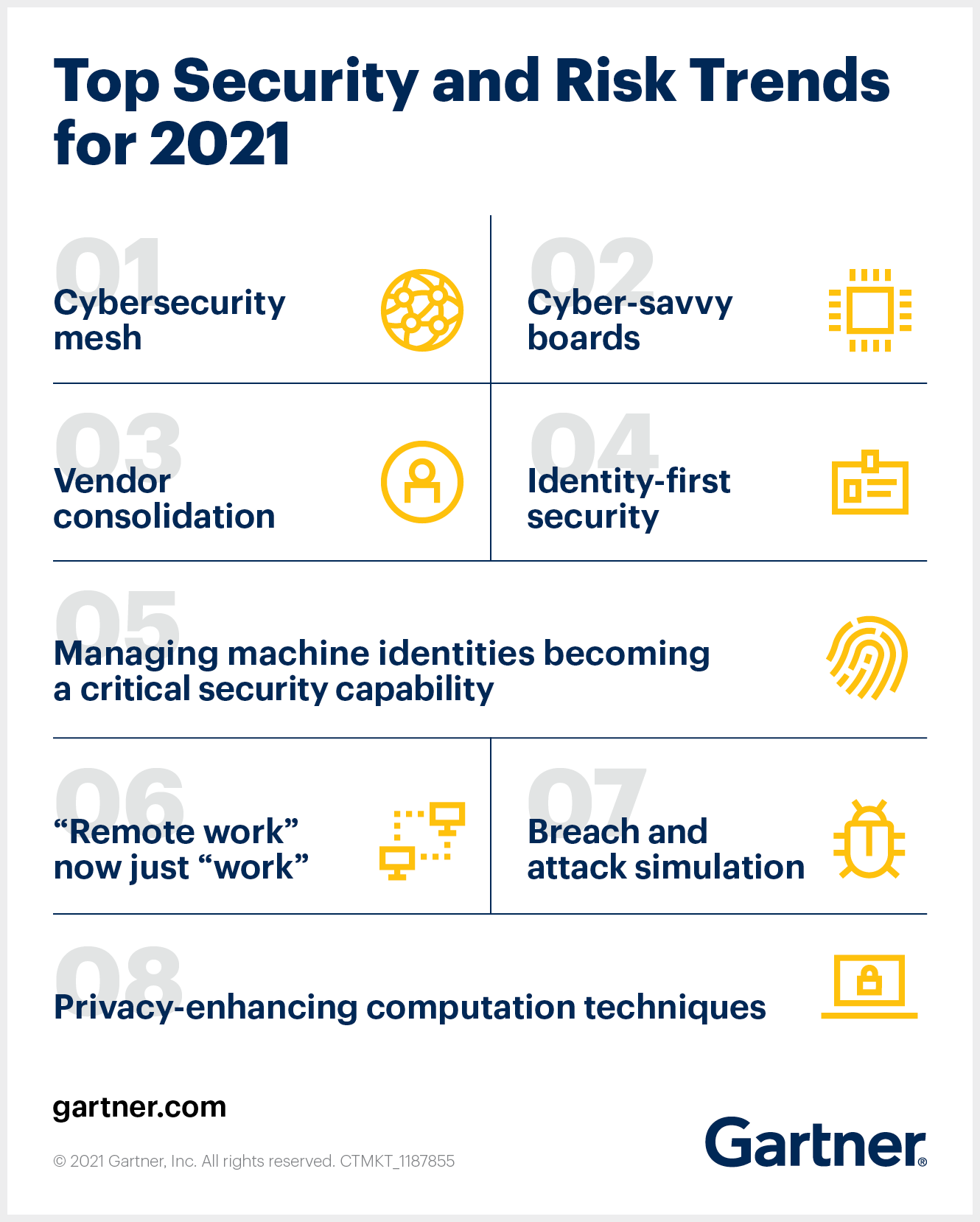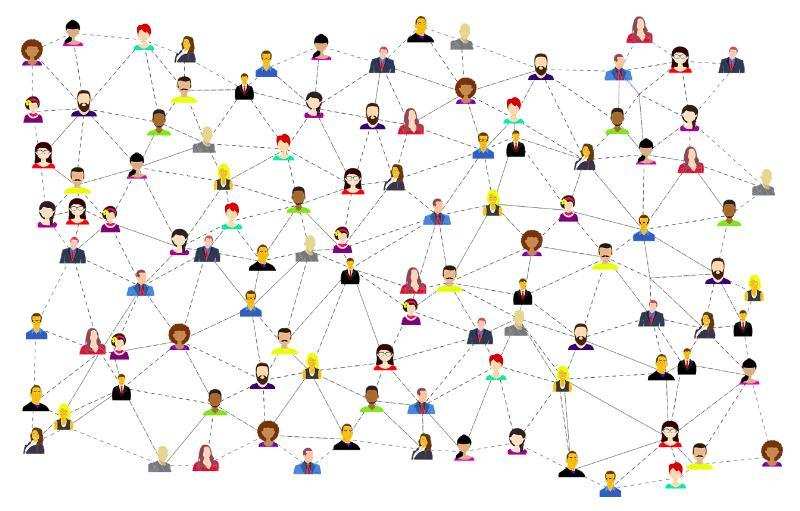The data is in. According to IBM Security’s 2020 Cost of a Data Breach Report, there is a 50% increase in cloud usage for enterprises across all industries. The number of threats targeting cloud services, predominantly collaboration services like Office 365, has increased 630%.
Moreover, 75% of respondents report that discovery and recovery time from data breaches has significantly increased due
Data Privacy
The data is in. According to IBM Security's 2020 Cost of a Data Breach Report, there is a 50% increase in cloud usage for enterprises across all industries. The number of threats targeting cloud services, predominantly collaboration services like Office 365, has increased 630%. Moreover, 75% of respondents report that discovery and recovery time from data breaches has significantly increased due
As cybersecurity and regulatory compliance become the top two biggest concerns of corporate boards, some are adding cybersecurity experts specifically to scrutinize security and risk issues. Adding a cybersecurity expert directly to the board is just one of the eight Gartner security and risk trends for 2021, many of which are driven by recent events such as security breaches and the COVID-19 pandemic.
Privacy-focused search engine DuckDuckGo called out rival Google for "spying" on users after the search giant updated its flagship app to spell out the exact kinds of information it collects for personalization and marketing purposes. "After months of stalling, Google finally revealed how much personal data they collect in Chrome and the Google app. No wonder they wanted to hide it," the company
Cybersecurity researchers on Thursday disclosed two distinct design and implementation flaws in Apple's crowdsourced Bluetooth location tracking system that can lead to a location correlation attack and unauthorized access to the location history of the past seven days, thereby by deanonymizing users. The findings are a consequence of an exhaustive review undertaken by the Open Wireless Link (
Signaling a major shift to its ads-driven business model, Google on Wednesday unequivocally stated it would not build alternate identifiers or tools to track users across multiple websites once it begins phasing out third-party tracking cookies from its Chrome browser by early 2022. "Instead, our web products will be powered by privacy-preserving APIs which prevent individual tracking while
Privacy-focused browser Brave is working on its own search engine. It has bought Tailcat, an open-source engine created by a team who worked on the defunct anti-tracking browser and search engine Cliqz, to power Brave Search. The company will allow others to use Brave Search tech to build their own search engines.
Lessons from network science and the difficulty of graph anonymization. A data scientist's take on the difficultly of striking a balance between privacy and utility in anonymizing connected data.
Law enforcement agencies may be on shaky legal ground when purchasing cell phone location data without a warrant, according to a new Treasury Department watchdog report.
Interesting research on persistent web tracking using favicons. (For those who don’t know, favicons are those tiny icons that appear in browser tabs next to the page name.)
The U.S. Court of Appeals for the First Circuit has ruled that border security doesn’t need a warrant to do a digital search of your device at borders. The court decision reverses a 2019 decision in the case of Alasaad v. Wolf which held that both basic searches and advanced analytics searches of phones required … Continue reading "The US Government can search your phone at the border without a warrant"
The EU’s GDPR has had a massive effect on privacy worldwide. But as a post explained back in 2018, there’s more EU privacy legislation coming through which could have a similarly broad impact globally. Where the GDPR governs how personal data is stored, the ePrivacy Regulation is about how personal data is transmitted. The European … Continue reading "The battle over the EU’s far-reaching ePrivacy Regulation enters its final and crucial stage
Yes, it's creepy when companies can track your every move. But that's not the only problem.
Amazon's app to monitor drivers while in delivery vehicles is called "Mentor" but it doesn't seem to be helping those workers. A CNBC report about the tracking app comes after Amazon confirmed on Feb. 3 that it is using AI cameras in vans to monitor driver behavior and flag any safety issues. Those cameras are used on top of the separate driver safety app. The app is tracking the driver at all times either on an Amazon-provided device or on drivers' personal cellphones. Mentor is made by eDriving, which describes the app on its website as a "smartphone-based solution that collects and analyzes driver behaviors most predictive of crash risk and helps remediate risky behavior by providing engaging, interactive micro-training modules delivered directly to the driver in the smartphone app.
This blog has written a number of times about the growing threat that low-cost, rapid DNA sequencing represents for privacy. The increased use of genetic material by the police to identify suspects poses particular problems. A recent case in the US involving a DNA sample raises a new issue. Because of its importance, both the …
The modern business world runs on data. The sum of all actions, interactions and transactions serves as the currency that drives digital business forward—and allows organizations to innovate and transform like never before.








